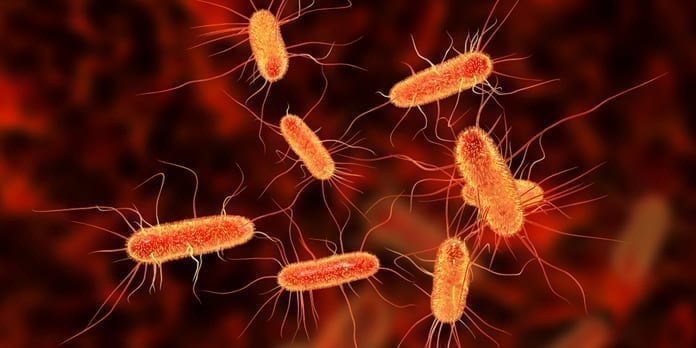Raw milk has grown in popularity over the past few years, but health officials strongly discourage its consumption because milk that hasn’t been pasteurized carries the risk of foodborne illnesses. Now 10 children under the age of 4 in Tennessee have fallen ill with E. coli poisoning, and health officials suspect the cause is drinking raw milk. Four of the 10 developed a rare form of kidney failure and were in critical condition at East Tennessee Children’s Hospital in Knox County.
“Tennessee is a state where that’s legal, to obtain raw milk. … The FDA and the American Academy of Pediatrics strongly discourage the consumption of raw milk and raw milk products because there’s a lot of things that can be in milk and there’s no real good way to decontaminate it other than pasteurizing it,” said Dr. Joe Childs, the hospital’s chief medical officer. He is head of the Pediatric Intensive Care Unit where the children with kidney failure are being treated.
Childs has called this outbreak the “worst they’ve ever seen.” While the damage to blood vessels is usually “temporary,” Childs said children can get very ill and may have nonfunctioning kidneys for weeks.
The Food and Drug Administration has previously banned the sale of raw milk across state lines. Although a growing number of states have made raw milk sales illegal, Tennessee is among the 29 states that allow the sale of raw milk products. Proponents claim that raw milk is tastier and more natural. They say it contains more nutrients and is easier to digest.
The FDA mandate calling for pasteurization of all milk products for human consumption came in 1987. A judge ruled that unpasteurized milk is unsafe and banned the shipment of raw milk. An exception was made for raw milk cheese clearly labeled as unpasteurized and aged a minimum of 60 days. Pasteurization is the process of making a liquid or a food safe to consume by heating the product to kill pathogenic bacteria.
Harmful strains of E. coli can cause diarrhea, cramping, urinary tract infections, kidney failure, respiratory illness and pneumonia, and other illnesses, according to the CDC. The watery, bloody diarrhea accompanies most cases is particularly dangerous in small children, who are prone to dehydration.
Life-threatening infections can occur when the strain of E. coli releases a toxin, shiga, that harms small blood vessels. The shiga toxin can cause kidney failure, which is especially dangerous for the very young and the very old. Occasionally, people die after infection.
Health departments recommend immediate medical attention if you or your child develops watery, bloody diarrhea that does not end quickly. Tell your medical provider if you or your child have consumed raw milk. The Knox County health department recommended consumers dispose of all raw milk or other unpasteurized products from the farm suspected as the likely source of E. coli. “People need to be aware that if they choose to drink raw milk, they’re taking a risk,” said a health official.




































